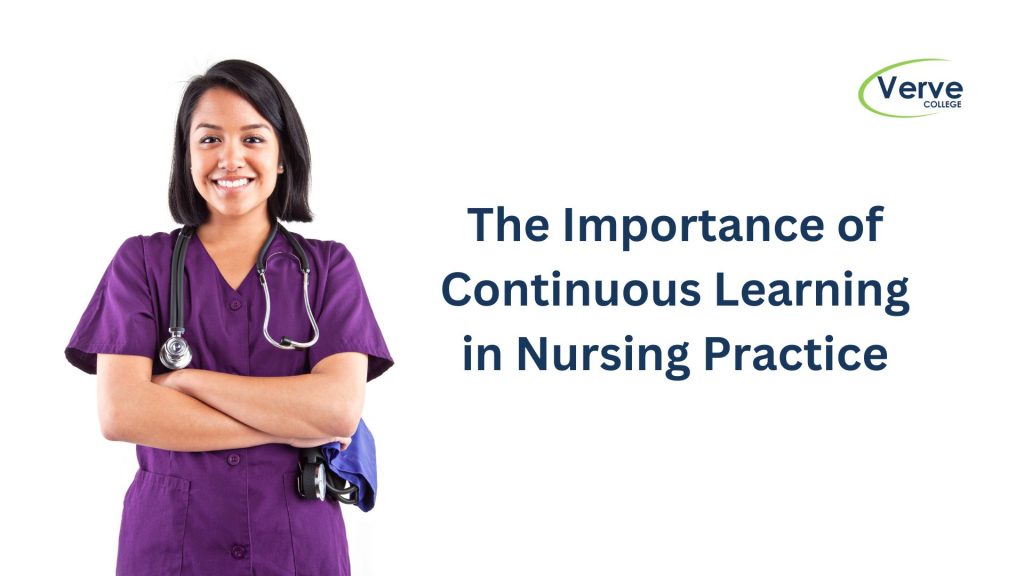- Oak Brook:(630) 705-9999
- Chicago:(312) 920-8822
- Email:inquiry@vervecollege.edu
- Make a Payment
- Home
- Programs
- Admission
- Resources
- ATI Entrance Exam Resources
- New E-Digital Library
- Refer a Friend
- School Newsletter
- Events
- Employers
- Job-Network
- Alpha Beta Kappa Candidates
- Verve College Library
- Graduation and Pinning Ceremony Photo Galleries
- Textbook Information
- Career Services
- Tutoring
- School Catalog
- FAQ
- Constitution Day Program
- Alumni
- Verve College Plans
- Financial Aid
- HEERF Reporting
- Satisfactory Academic Progress
- Apply For Financial Aid
- Net Price Calculator
- Return of Title IV Funds (R2T4)
- Financial Aid Office Code of Conduct
- Contact
- FAQs
- Verification Policy
- Vaccination Policy
- Student Right-to-Know Act
- Misrepresentation
- Information Security Program
- Academic Award Year
- Availability of Employee
- Cost of Attendance
- Health & Safety Exemption Requirement
- Students Rights and Responsibilities
- Leave of Absence
- Pell Formula
- Military Students
- Grants/ Scholarship Policy
- Contact Us
- Testimonials
- Blog
Is a Nursing Career Right For You?
Take The Free Quiz
The Importance Of Continuous Learning In Nursing Practice
The Importance Of Continuous Learning In Nursing Practice
In the ever-changing healthcare industry, continuous learning is the key to enabling nurses to remain current and provide top-quality patient care. If you’re aiming to become licensed practical nurses or are already employed in the field, maintaining and expanding their knowledge is crucial. This can be done through classes in anatomy and physiology or specialized certifications or a real-world experience, continuing training enhances the nursing profession and improves safety for patients and aids in career advancement.
Significations of continuous learning in nursing practice
1. Improving Patient Care through Current Knowledge
The importance of nursing practice, being up to date on the most recent research, techniques, and the best methods can make a big impact on the patient’s outcomes. Each year, new treatments, technologies, methods and research findings come out which require nurses to remain updated. For instance, advancements in the management of pain, infection control and wound care procedures affect the way nurses provide services. By continuing to learn, nurses can ensure that they deliver secure, scientifically-based and efficient care for patients.
2. Establishing Core Competencies through Foundational Courses
Anatomy as well as physiology comprise the most fundamental sciences in nursing. Students who take anatomy and physiology classes near me will lay the foundations to understand the way that the body functions. The ability to master these subjects is vital since they impact everything from understanding the symptoms, to understanding illnesses develop and impact various organ systems. For those who are in the anatomy or physiology class or considering nursing, reviewing these subjects regularly builds understanding and bolsters abilities.
3. Staying Current with the Technological Advancements
Technology is playing a growing part in healthcare, ranging including EHRs (EHRs) to cutting-edge medical equipment. Nurses who participate in continuous education are better prepared to take advantage of and use the latest technology in their work. This improves efficiency because it decreases the chance of errors related to the misuse of equipment or misinterpreting the digital health information. If nurses are up-to-date on technological advances, they aid in improving the overall quality of healthcare, making sure patients are safe and assisting with precise diagnoses and treatments.
4. The ability to adapt in Evolving Healthcare Policies and Standards
Health care policies, regulations and standards change frequently and nurses have to be aware of and adhere to the latest regulations. Continuous education is crucial for being aware of and adhering to the latest regulations and guidelines like changes to privacy regulations for patients or protocols for infection control. Nurses who remain updated contribute to a safe environment for healthcare, while minimizing risk for staff and patients. In addition, knowing about policies helps in maintaining the professionalism of nurses and adhering to ethical guidelines.
5. Expanding Career Opportunities
Continuous learning can open doors for advancement in your career. For those who want to become a licensed practical nurse making the commitment to continue their education and certifications improves chances of employment and allows specification. Particular areas like pediatrics, geriatrics, and the critical-care field require further education however the skills and skills gained by nurses allow them to grow their roles and assume larger responsibility.
6. The development of critical thinking and problem-solving Skills
Continuous learning goes beyond technical skills, fostering critical thinking and adaptability–qualities essential in nursing. For instance, real-world scenarios simulation labs, simulation labs, or interactive workshops can help nurses assess complex situations and make well-informed decisions in stressful situations. These skills are crucial for making fast, precise judgements regarding patient care particularly in emergency situations or when unexpected problems occur.
7. Achieving Professional and Personal Fulfillment
Nursing is a demanding but rewarding profession, and constant learning can lead to professional and personal fulfillment. Participating in learning activities that range from anatomy and physiology classes to certifications for specialized areas, can provide satisfaction as well as satisfaction and confidence. Through investing in their abilities and expertise, nurses grow more confident in their jobs and are better prepared for any obstacles that arise, resulting in the feeling of accomplishment which is the key to long-term accomplishment.
Ready for Nursing? Get Course Details & Begin Your Journey Now!
Conclusion
It is important to recognize the value of nurses’ practice is emphasized by the dedication to continuous learning. Continuous learning improves the quality of patient healthcare, increases security, and enhances the entire healthcare system. For nurses who are aspiring or practicing alike, continuous education, whether through classes that lead to certifications, courses, or even practicing hands-on–will keep them in the forefront of their area of expertise. If you’re looking to achieve excellence and progress within nursing, continuing education is essential to an enjoyable and rewarding career.
 Sign up
Sign up Login
Login




